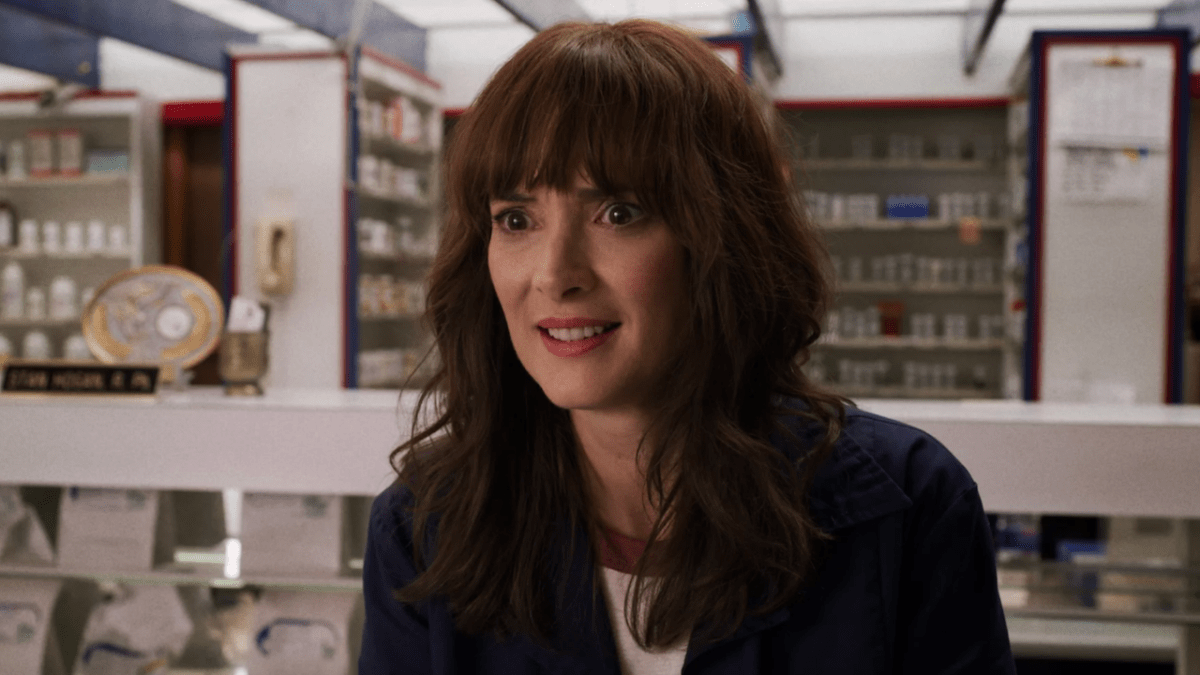Some Stranger Things fans are looking askance at Joyce Byers’ approach to caring for her children.
Winona Ryder’s series stalwart is a single mother struggling to make ends meet as she raises her two sons, Jonathan (Charlie Heaton) and Will (Noah Schnapp). The foundation of the show is constructed on the disappearance of Will in the first season, which sees her navigate the unimaginable stress of a family crisis with few resources and little support.
A fan called parzi_3 recognized Joyce’s love for her boys, but took issue with her treatment of eldest son Jonathan. In a thread in the r/StrangerThings subreddit, they put forth that Jonathan has been placed in a care-taking, parental role by his mother and emotionally neglected.
They went on to argue that Joyce tends to prioritize the needs of Will and other people, like Eleven (Millie Bobby Brown), and takes advantage of Jonathan by pressuring him to forego his happiness in service of their family. From their point of view, Joyce thinks its acceptable that Jonathan martyrs himself, even if it’s detrimental to his own progress.
ThoughtsMadeManifest shared that the behaviors described in the original post were typical in many single-parent families, adding that when one parent is irresponsible, a child is often put in a position to fill in the gap.
ImDeputyDurland agreed, observing that Joyce encourages Jonathan to be the “man of the house,” and a father figure to his younger brother.
The discussion became even more interesting when Gen X fans entered the chat. A Redditor called wessellcarr urged the viewers not to judge Joyce’s parenting skills by today’s standards because it was common for parents to place adult responsibilities on their older children at the end of the last century.
The various views in the thread are fascinating, and marked by the impressive ability of Stranger Things fans to put themselves in others’ shoes. Younger viewers seem especially moved by the challenges of Jonathan’s predicament, while the more experienced added nuance to the conversation by pointing out the societal shifts of the era that placed single parents in painful and compromising positions. The discussion beautifully underscores the sheer brilliance of the writing, which captures the reality that shaped many single-parent homes in the 1980s.

